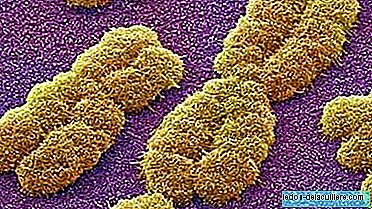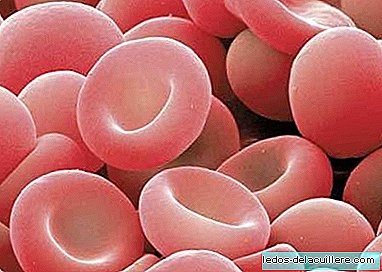
You may wonder what the current one can offer you genetic research to your family. With the current genetic revolution, scientists intend to identify the 30,000 genes that exist in the endowment of human beings, determining the function that each of them has and their relationships and interconnections, as well as the diseases that can cause their defects or variations.
Today, with the advances in genetics, you can know a lot about the predisposition to suffer or transmit to our children diseases linked to the genetic endowment, and surely in the coming years more genes are identified that cause or that provide greater possibilities of suffering certain health problems. Cystic fibrosis, fragile X syndrome, some breast and colon cancers or heart problems are determined by genetics and knowing this, even if we are concerned, offers us the possibility of offering treatments that slow the disease or make its effects slower or weak.
Advances in the knowledge of the human genome and its operation provide prospective parents with the possibility of knowing their child better. It's not about knowing what hair color you will have, or your eyes, or your height. Deep down, most parents don't care about that, we just want the child to be healthy.
Many physical and even character traits are inherited by genetics. But just as it is transmitted to have curly hair or not, other less innocent characteristics that cause illness, physical defects or mental retardation can also be transmitted.
Genetic research and your family: inheritance
Most of the birth defects They seem to reflect a combination of heritage and environment. But if we are aware that in the family there seems to be a predisposition to some diseases linked to genes or we know with certainty that we can transmit defects of this type, we can seek advice from a geneticist who will advise us if it is necessary to take any action. It is not about making children a la carte, but avoiding avoidable diseases.
Women over 35, parents who have already had a child with mental retardation, birth defects or inherited disorders, and people who have been exposed by their work or lifestyle to substances that increase the chances of genetic mutations should receive proper advice. It is also suitable in the case of very close kinship or belonging to groups in which any of these diseases has a high prevalence, such as sickle cell anemia in African Americans.
Of course, if the analysis and ultrasound indicate a high possibility of congenital problems, the mother should assess an amniocentésis after consulting with a geneticist. The decision, of course, to make the test is of the mother and will depend on many things.
Genetic tests before pregnancy
It may be convenient to be aware before pregnancy of possible genetic problems linked to our families.
There are some tests that are done before pregnancy, although it is not usually done if there is no history. These are those that detect if you are a carrier of cystic fibrosis or sickle cell anemia.
Genetic research and your family: a family history tree
Perform a family tree of our family medical history It can be very beneficial not only to plan a pregnancy, but also to take care of our own health.
If our relatives, parents, grandparents, uncles and cousins, provide medical data of their medical history freely and we all share them, we can better understand the hereditary traits and be a good tool that helps in the diagnosis and prevention of diseases, both thinking about our baby as in us or in him in his adult life.
Diseases such as glaucoma or breast cancer have prevalence in some families. Knowing it already alerts us to increase controls and prevention. Other features such as hearing problems, blindness, mental retardation or heart problems will help to better understand the possible family tendency to these problems and may be the key to better understand the possible problems that arise.
Conclusion
Genetic research can give families a lot of information., tranquility and the possibility of early treatments for many inherited diseases. We will, in the following topics, deepen these issues.












